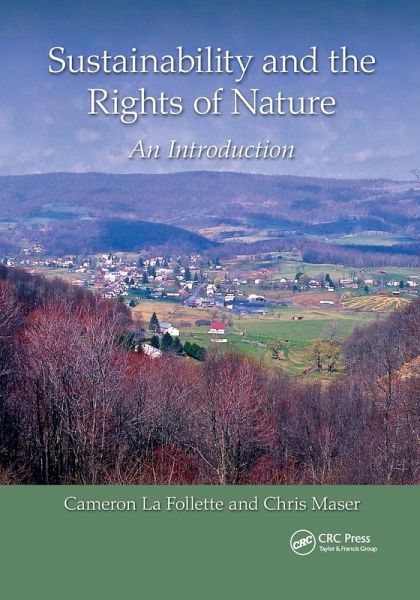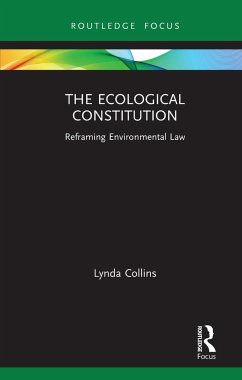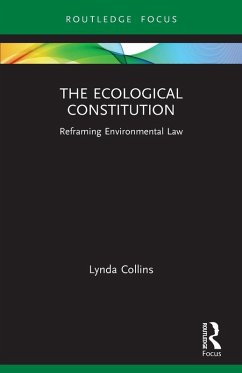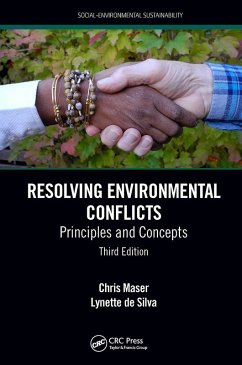
Sustainability and the Rights of Nature
An Introduction
Versandkostenfrei!
Versandfertig in 6-10 Tagen
71,99 €
inkl. MwSt.
Weitere Ausgaben:

PAYBACK Punkte
36 °P sammeln!
Sustainability and the Rights of Nature: An Introduction is a much-needed guide that addresses the exciting and significant paradigm shift to the Rights of Nature, as it is occurring both in the United States and internationally in the fields of environmental law and environmental sustainability. This shift advocates building a relationship of integrity and reciprocity with the planet by placing Nature in the forefront of our rights-based legal systems. The authors discuss means of achieving this by laying out Nature's Laws of Reciprocity and providing a roadmap of the strategies and direction...
Sustainability and the Rights of Nature: An Introduction is a much-needed guide that addresses the exciting and significant paradigm shift to the Rights of Nature, as it is occurring both in the United States and internationally in the fields of environmental law and environmental sustainability. This shift advocates building a relationship of integrity and reciprocity with the planet by placing Nature in the forefront of our rights-based legal systems. The authors discuss means of achieving this by laying out Nature's Laws of Reciprocity and providing a roadmap of the strategies and directions needed to create a Rights of Nature-oriented legal system that will shape and maintain human activities in an environmentally sustainable manner. This work is enriched with an array of unique and relevant points of reference such as the feudal notions of obligation, principles of traditional indigenous cultivation, the Pope Francis Encyclical on the environment, and the new Rights of Nature-based legal systems of Ecuador and Bolivia that can serve as prototypes for the United States and other countries around the world to help ensure a future of environmental sustainability for all living systems.














